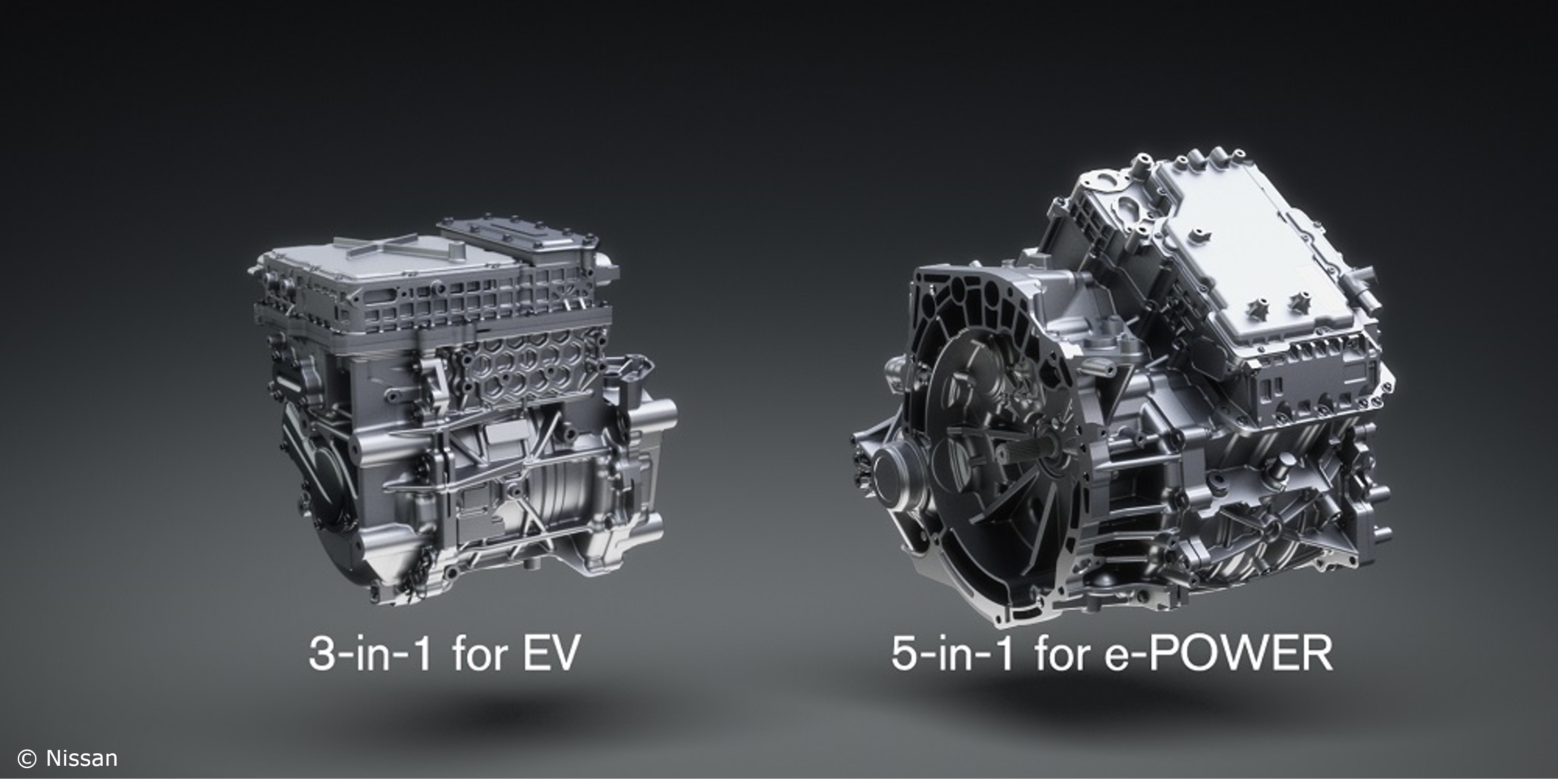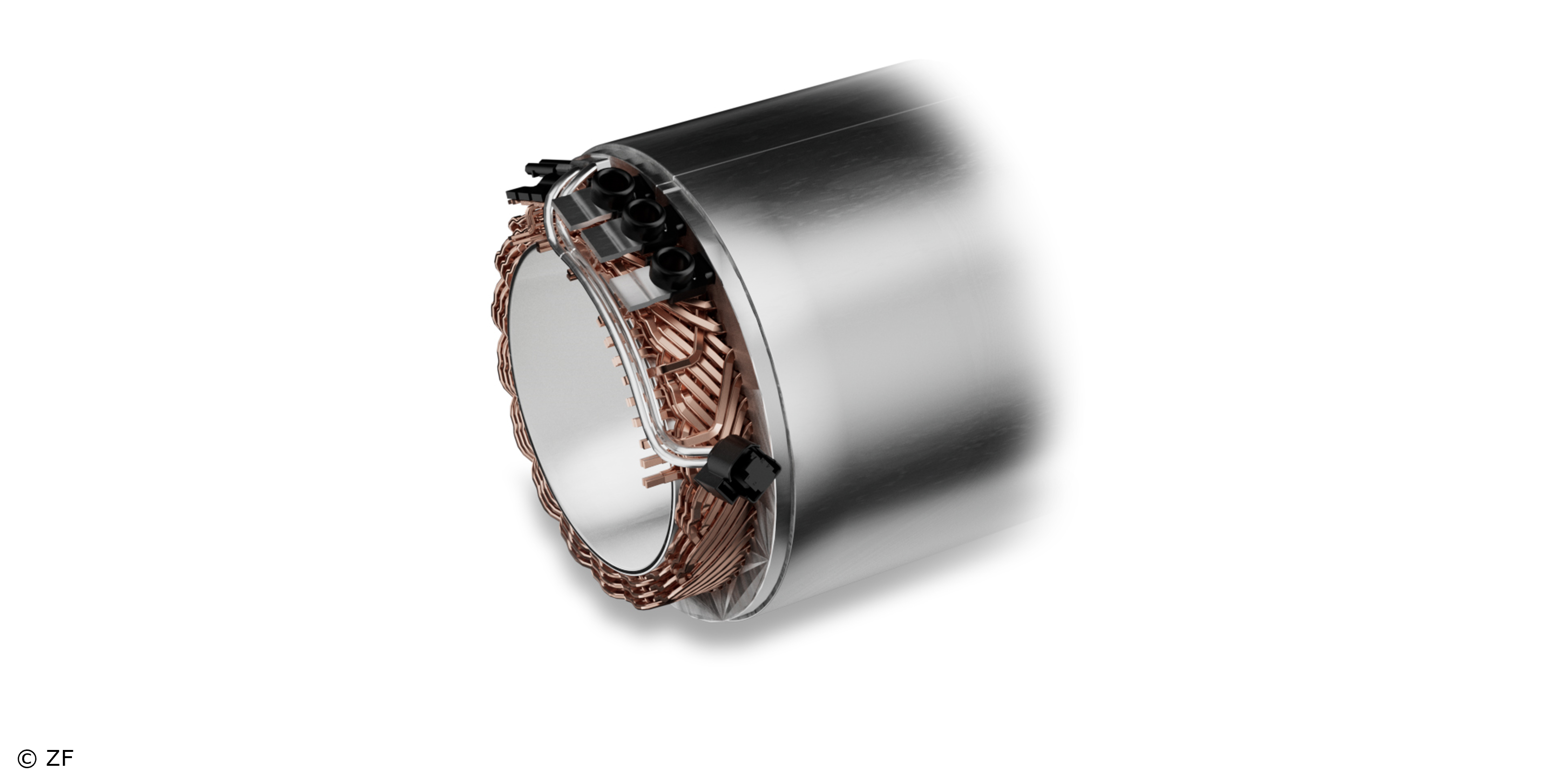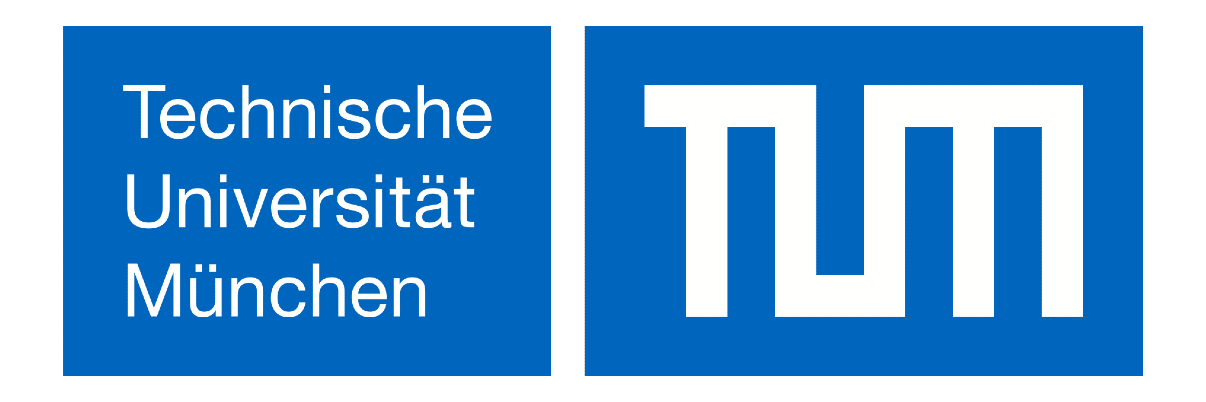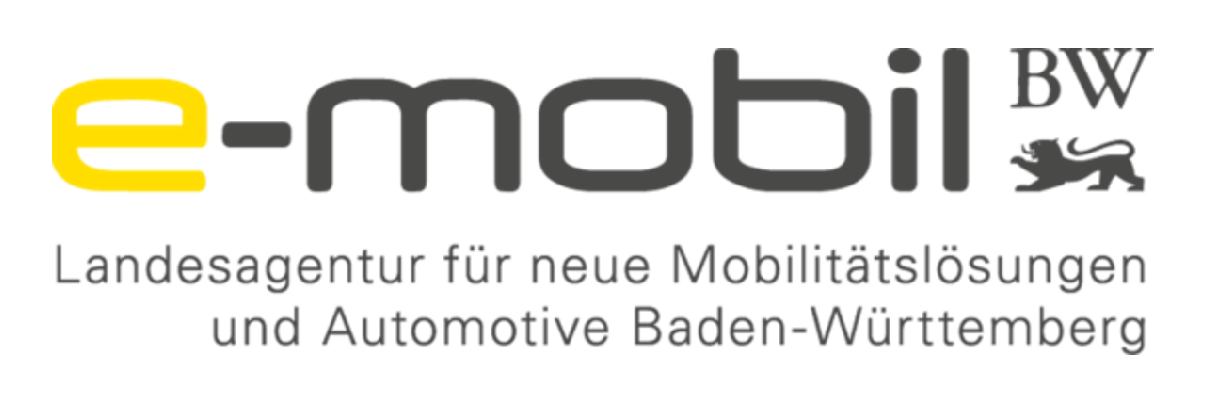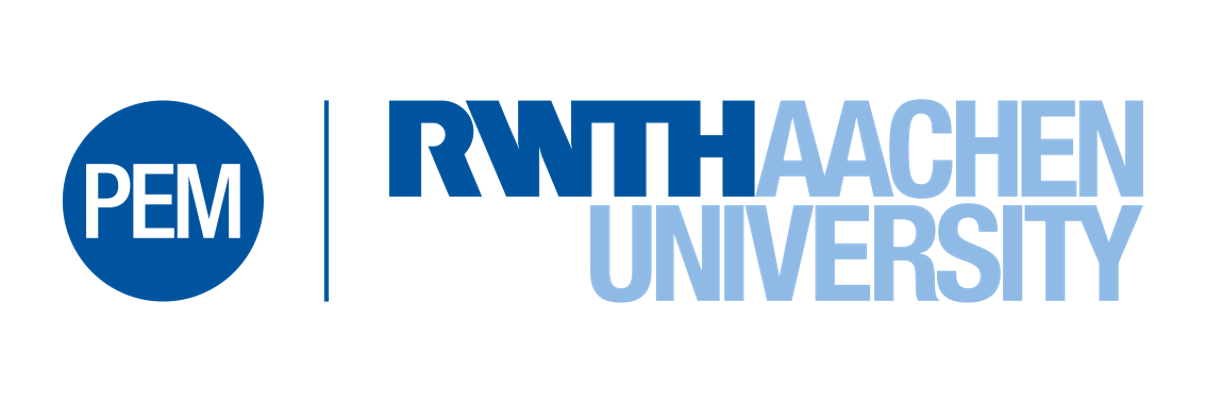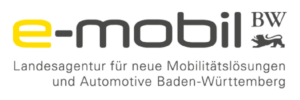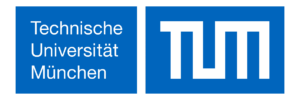Nissan wants to reduce the production costs of electric cars by 30 per cent over the next few years in order to reach the price level of combustion engines. Among other things, the Japanese car manufacturer is focussing on the permanent magnets used in the rotor, which are made of rare earths. In particular, Nissan is researching alternative materials such as iron and samarium to produce the magnets.
Nissan wants to reduce dependency on China
Samarium, which is already used in aircraft engines, could replace other rare earths such as neodymium, dysprosium and terbium, which are mainly imported from China. This would reduce Nissan’s dependence on Chinese supplies. Samarium is more readily available and cheaper than neodymium, however they are less powerful due to the lower magnetic energy and coercive force.
Development of new manufacturing processes
Nissan is still at an early stage of development and is currently working on new compression processes for manufacturing the magnets that will not adversely affect the product properties. The exact composition of the new magnet is not yet known and large-scale practical tests are also still pending.
Figure source: https://imgr1.auto-motor-und-sport.de/Nissan-Ariya-jsonLd4x3-99cf14a4-2113543.jpg
Text source: https://efahrer.chip.de/news/dieses-element-soll-autos-billig-machen-japaner-arbeiten-am-motor-der-zukunft_1020359


